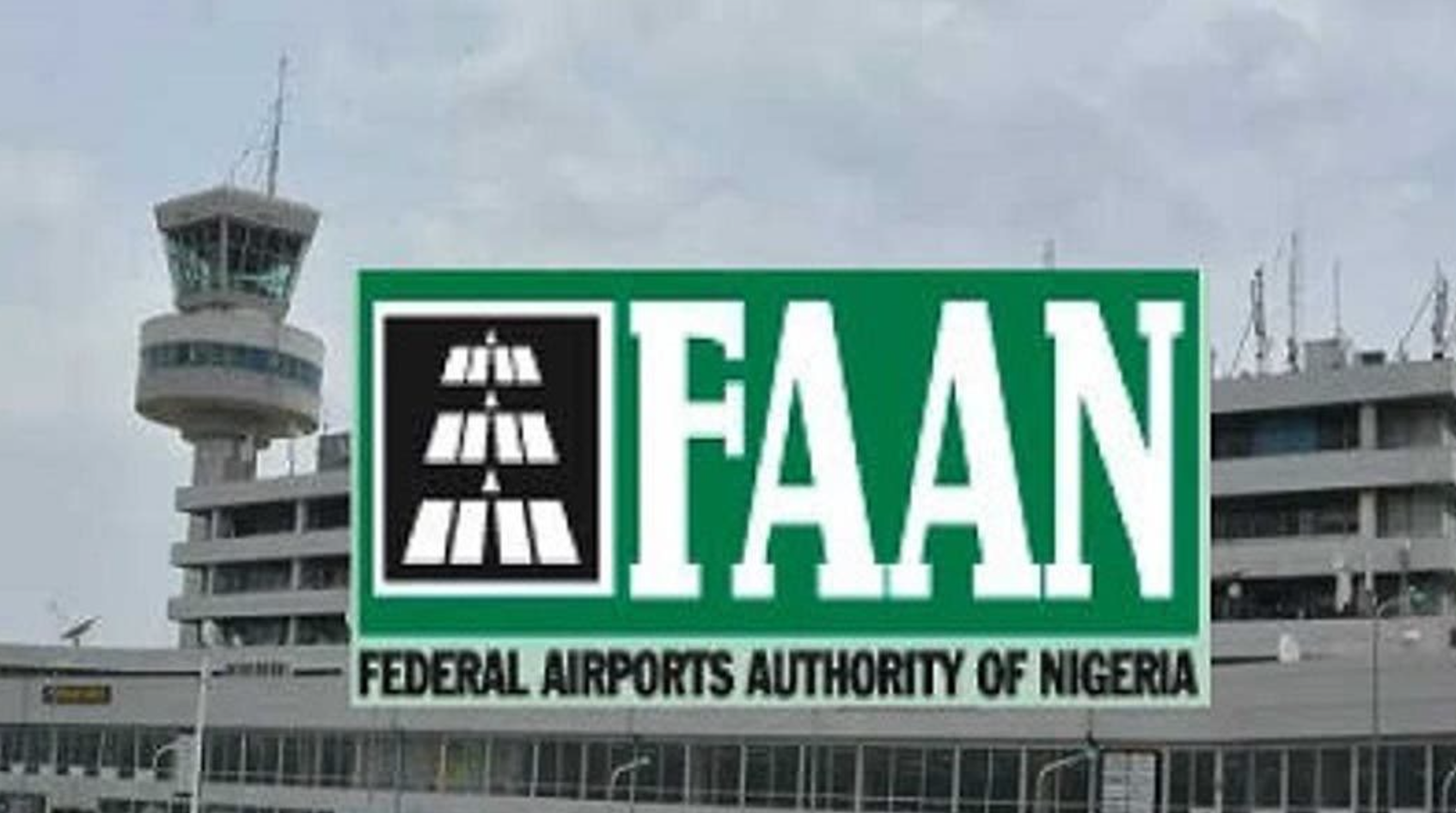
The Federal Airports Authority of Nigeria (FAAN) has officially resumed direct collection of cargo revenue at the Murtala Muhammed International Airport (MMIA), Lagos, ending a 15-year period in which the revenue stream was handled by third-party concessionaires. The move, which took effect this week, marks a major shift in the authority’s operations and is expected to boost revenue generation, enhance transparency, and strengthen oversight of cargo activities at Nigeria’s busiest airport.
For over a decade, FAAN’s cargo revenue at MMIA was managed under concession agreements that allowed private operators to oversee the collection process. However, repeated concerns over accountability, efficiency, and leakages prompted the agency to review the arrangement. The decision to take back control, according to insiders, followed extensive consultations with stakeholders in the aviation and cargo logistics sectors, as well as directives from the federal government on improving internally generated revenue.
A Strategic Turn for FAAN
FAAN’s Managing Director, Mrs. Olubunmi Kuku, described the resumption of direct revenue collection as a “strategic turning point” in the agency’s drive to strengthen financial sustainability.
“For 15 years, FAAN has not been directly in charge of cargo revenue at the Lagos international airport. We are now reclaiming this responsibility to ensure transparency, plug revenue leakages, and optimize earnings from one of our most important revenue sources,” she said.

She further explained that the authority has put in place modern technology-driven systems to track cargo operations and payments, ensuring that every transaction is accounted for. According to her, the new structure will also make it easier to monitor compliance with both national and international cargo handling regulations.
Stakeholder Reactions
Industry stakeholders have welcomed the development, describing it as long overdue. Freight forwarders and logistics operators expressed optimism that the direct involvement of FAAN would improve efficiency in cargo processing.
Mr. Collins Ude, a licensed customs agent, said the move could help reduce bureaucratic delays that previously characterized the system. “The old arrangement often left room for disputes between operators, concessionaires, and government agencies. If FAAN manages this process directly and transparently, it will reduce confusion and make business easier for freight operators,” he noted.
Similarly, the National Association of Government Approved Freight Forwarders (NAGAFF) commended FAAN for taking the bold step, while urging the authority to engage with stakeholders regularly to resolve potential teething problems.
Plugging Revenue Leakages
Experts say FAAN’s decision comes at a time when Nigeria is making concerted efforts to diversify revenue sources beyond oil. Cargo handling at MMIA has been identified as one of the key areas with huge revenue potential, given Lagos’s position as the nation’s commercial hub and a major West African gateway.
Over the years, allegations of under-declaration of cargo volumes and under-remittance of revenues by concessionaires have dominated industry discussions. The new FAAN-led revenue collection system is expected to address these concerns.
An aviation analyst, Dr. Shina Adebayo, explained that direct revenue collection would not only increase FAAN’s earnings but also improve accountability. “This is an important reform. With FAAN in control, government can have a clearer picture of the revenue potential of cargo operations and reinvest in airport infrastructure accordingly,” he said.
Modernization of Cargo Operations
To back up the reform, FAAN has introduced a digital cargo revenue collection system that integrates with customs processes and allows for real-time monitoring of payments. Officials say the system will also improve data accuracy, making it easier for Nigeria to align with global aviation standards.
The authority is also expected to tighten security at cargo terminals, addressing concerns around smuggling and other illicit activities sometimes associated with air cargo operations. Improved oversight is projected to strengthen Nigeria’s reputation in international trade and air logistics.
Wider Implications for the Aviation Sector
The resumption of direct cargo revenue collection at MMIA is seen as part of broader reforms in the Nigerian aviation sector. In recent months, regulatory agencies have rolled out measures aimed at improving operational efficiency, boosting revenue, and aligning with global best practices.
For FAAN, the move is not just about finances but about re-establishing authority over one of the most critical aspects of airport management. With the Lagos airport handling the bulk of Nigeria’s international cargo, the outcome of this reform could serve as a model for other airports across the country.
Looking Ahead
While the development has been widely applauded, experts caution that FAAN must be prepared for potential challenges in the transition process. These may include resistance from affected concessionaires, initial system hitches, and the need for extensive training of personnel.
Mrs. Kuku assured stakeholders that FAAN is fully prepared for the task ahead. “We have anticipated the challenges, and we are working closely with all partners to ensure a smooth transition. Our ultimate goal is to make Nigeria’s airports globally competitive and financially sustainable,” she said.
As FAAN reclaims its role in cargo revenue collection after 15 years, the aviation industry will be watching closely to see how the reform translates into increased earnings, improved efficiency, and greater accountability. If successful, the move could mark a new era for Nigeria’s airport management and strengthen the country’s position in global aviation and trade








